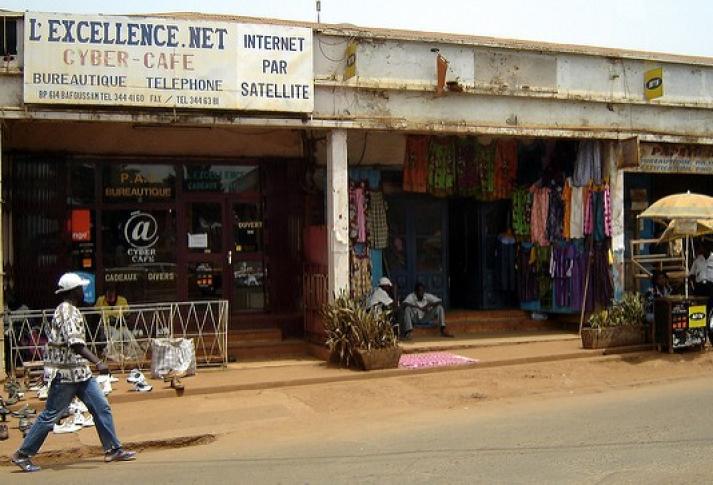
This report focuses on the relationship between meaningful access to the internet and the enjoyment of economic, social and cultural rights (ESCRs) in Cameroon, and in particular, the violation of these rights that come with internet shutdowns. Accordingly, it relates to articles 1, 2, 6, 12, 13 and 15 of the International Covenant on Economic, Social and Cultural Rights (ICESCR).
While access to the internet is not in itself a human right, for those who have access, the internet can act as a significant enabler of ESCRs. While most closely associated with freedom of expression and access to information, the internet can impact positively on most articles in the ICESCR, such as the right to education (Article 13), to take part in cultural life and to enjoy the benefits of scientific progress and its applications (Article 15), to work (Article 6), to health (Article 12) and to food (Article 11), among others. The internet helps people find work, work remotely, and unions to organise; it enables small farmers to access competitive market information; it is a powerful enabler of cultural participation, innovation and artistic expression; it allows online learning resources to be shared easily, and facilitates access to information on health and medical advice. Therefore, increasing access to the internet is an important consideration for states in fulfilling their obligations under the ICESCR. Inhibitors to internet access, such as the cost and appropriateness of that access, need to be addressed as part of the state’s obligation to respect, protect and fulfill all human rights. Intentional disruptions of internet access by states, in this context, can be considered a violation of the ICESCR.